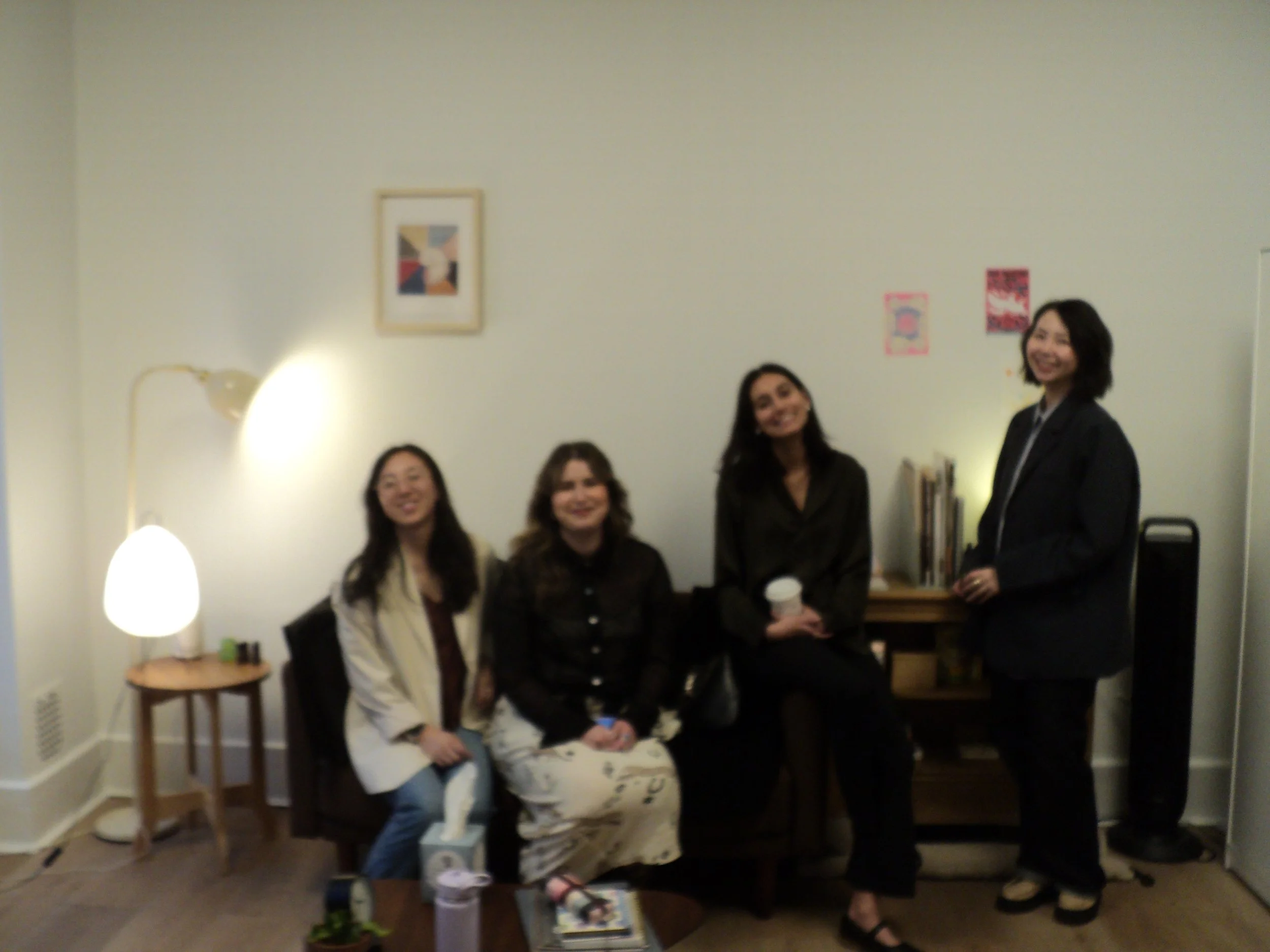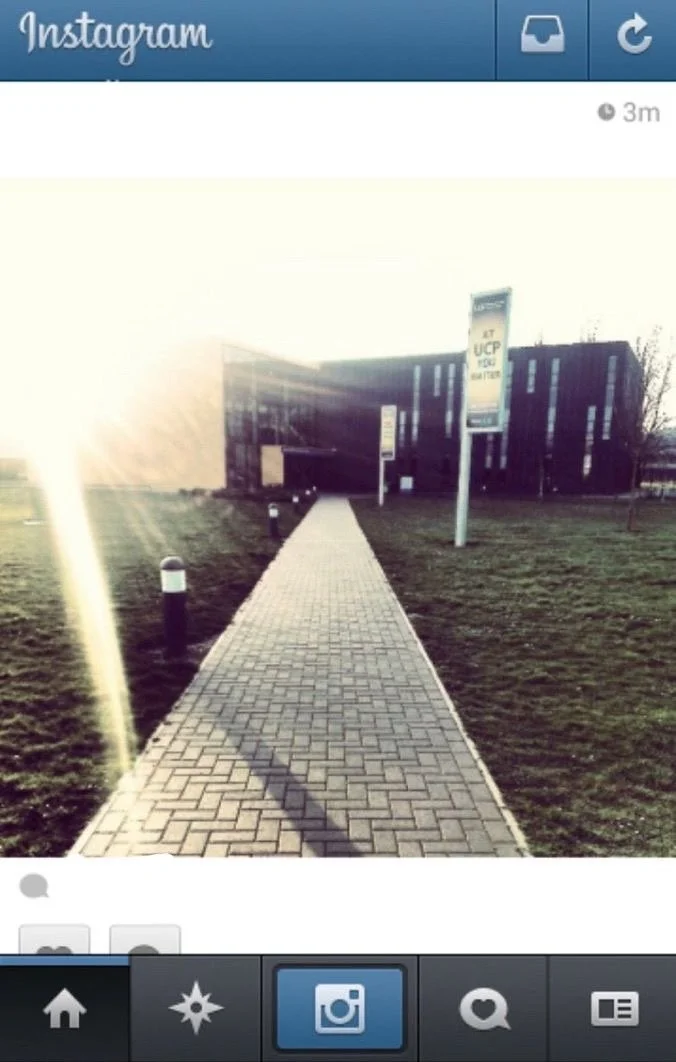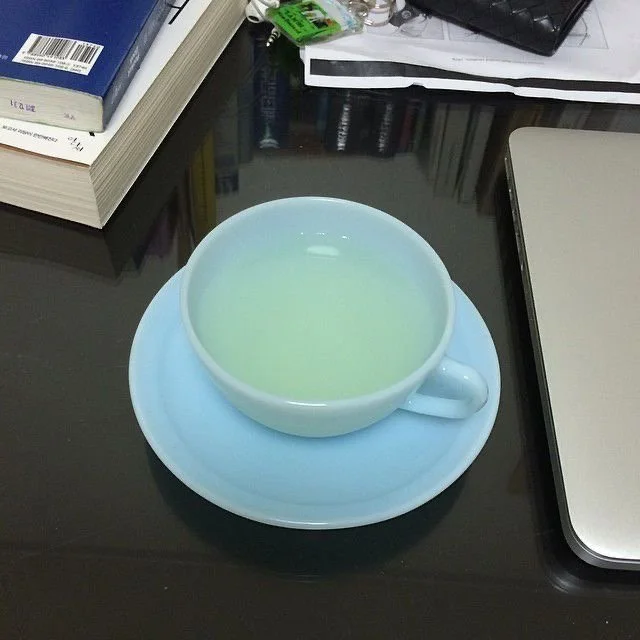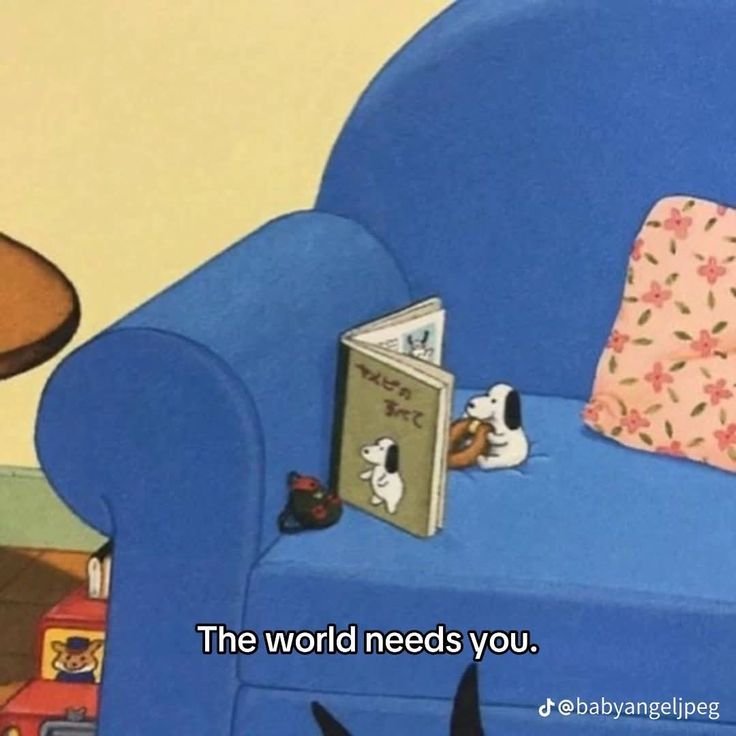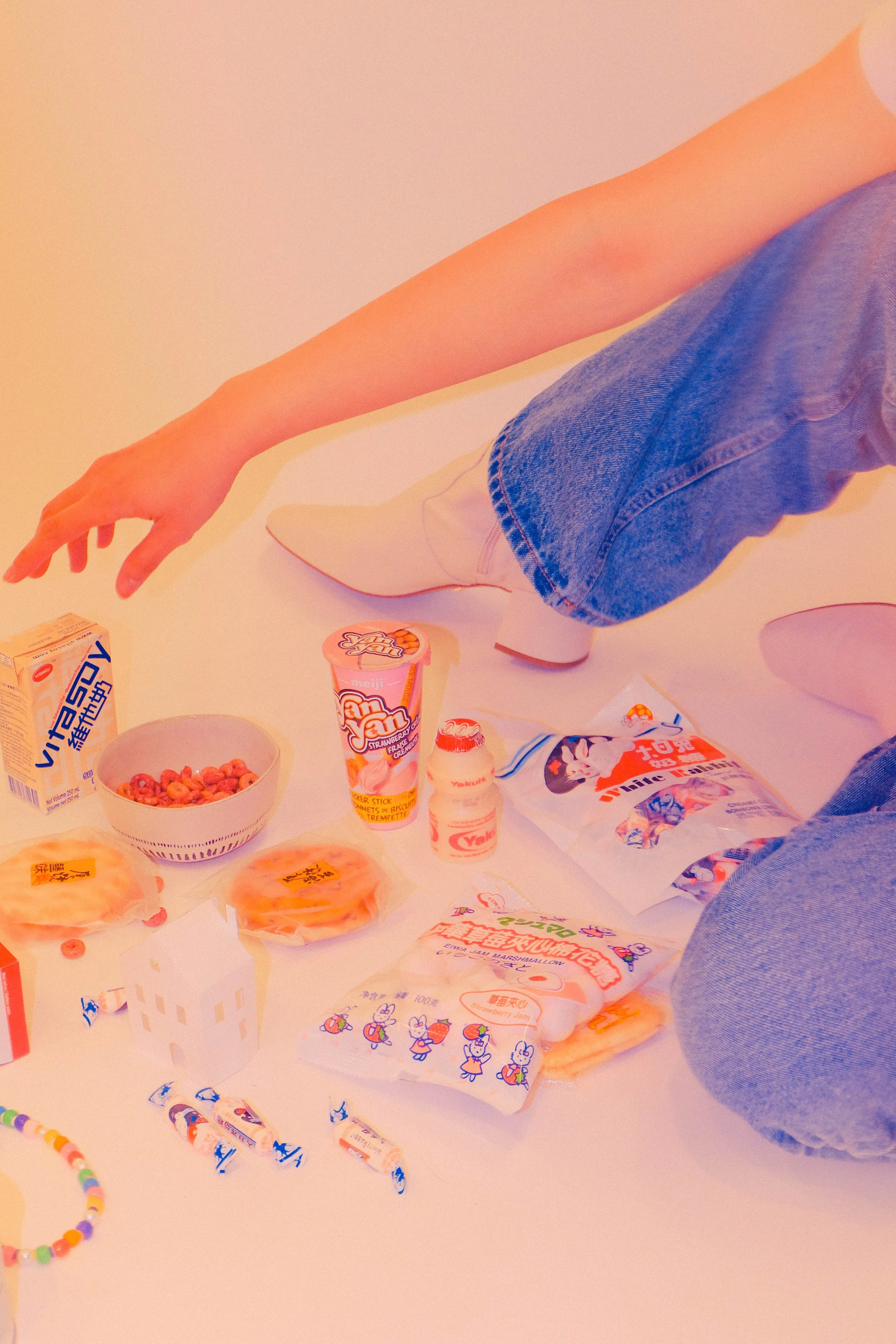written by Maryam Dada, M.A., RCC ; intro/outro by Linda Lin RCC, RCAT
We are living in a moment where information is everywhere, yet attention feels increasingly scarce. Our phones promise connection, stimulation, and ease, often at the cost of depth and our sense of presence. As scrolling replaces reading and fragments replace stories, some are describing our entry into a post-literate society.
Each notification shapes the way we think and feel, speeding up a pace that asks our nervous systems to adapt faster than we might choose or want. This creates what some call cognitive debt: the mental fatigue and attentional strain that builds when our minds are constantly stimulated but rarely allowed to rest or reflect. Navigating social media today is therefore not simply about screen time. It is about how we care for our internal wellbeing in an attention economy that profits from this depletion.
History of Instagram and its Original Function
Instagram was first released in 2010, fifteen years ago. It was a time where pink-coloured skinny jeans and shudder shades were all the rage. We wore bright colours and messy prints, our hair in a trademark sock-bun, lips pursed, and duck-face at the ready to post on Instagram.
Instagram at its inception was so new and so special. Previously, if we wanted to share photos they’d be through a Facebook album – and while that was an online sharing platform it didn’t have the instant effect of instagram. An instant way to share photos and only photos with friends and family.
In its humble beginnings, Instagram existed purely as a way to share photos with loved ones and build community. Photos were sequential, we could comfortably scroll to the end of our feed, feel ‘caught up’ and neatly put our phones away. It was simple, easy, and a mark of the time.
In the 2010s we started to see a shift to online platforms, whether that was through Facebook, Instagram, or Buzzfeed, a subtle shift had started to take place. Our attention was moving online.
We didn’t know it at the time, but this would mark the beginning of a new way to consume media and with it, of course, would come a whole host of other considerations that we are only now starting to unpack.
In this blog post, we’ll be exploring:
• the different pitfalls of social media (like targeted marketing)
• being bombarded with content
• influencer culture and performativism
• having an online presence
• our self-perception
• and doomscrolling.
At the end, I’ll share some tips to help you navigate social media in today’s world.
Pitfalls of Social Media
Today, social media looks a lot different, with the advent of short form videos like TikTok/Reels, instagram stories, and ads, we are living through a time where we are constantly being bombarded with content.
In addition, marketing strategies, advertisements, and a daunting algorithm, curate content that is specifically tailored to you. What you are seeing has been cultivated for you. In a lot of ways this can be efficient, intended to make your life easier, and in other ways, it can feel nefarious, taking away your ability to choose the time/place you want to look into something.
Social media has also taken on an amorphous quality – a shapeless thing that is somehow tangible in nature. The platform exists online but we are very much impacted by what we see.
We are influenced by influencers, locked into other peoples’ routines: what I eat in a day, what my 5-9 looks like after my 9-5, get ready with me’s…etc. This can negatively affect our sense of self and self-esteem.
It has made news accessible in a way that allows us to be informed but also pressures us to feel on top of everything all the time (a big ask).
This can lead to performative activism which actually serves to disconnect us from what we are seeing/feeling and how it’s impacting us and shift instead into thoughts of, how is my online presence being perceived?
While it is important to be informed about what is going on in the world, when we are operating from a place of “I need to share this to fit” or “I feel anxious because everyone is talking/sharing about this”. Give yourself permission to take the time to learn about the issue at hand, and then, make an informed decision about your impact.
Additionally, it is important to note how our attention spans are being impacted, short form content has made it difficult to focus and we find ourselves in the endless chasm of doomscrolling - content that is targeted and tailored to us, with no end in sight.
It’s what our parents warned us about: social media can be a distraction. Not only is it impacting our ability to focus on longer forms of content, it can also surreptitiously eat up hours of our time without us realizing if we’re not paying attention. Revenge procrastination, time warps, and of course, doomscrolling. This can be particularly harmful if we use social media to avoid tasks that we need to complete.
All of this makes it especially important for us to be able to filter what we are seeing. Not necessarily to turn away, but instead to start tuning in to ourselves.
I am of the belief that social media is here, and here to stay. There can be some really lovely benefits in finding and participating in online communities, but the onus is on us to be aware of social media pitfalls too. How can we be using social media in a way that benefits rather than harms us?
Practical Tips for Navigating Social Media Use
(download full list in pdf below!)
‘Hack’ your algorithm - intentionally watch videos that will bring you comfort, joy, humour…etc
If you are getting your news online, allow it to digest (i.e. take a moment to understand what you are seeing) before instantly sharing/reposting
Recognize the system at play (i.e. capitalism) that makes things like doomscrolling so appealing.
Opt out of notifications
…more in our pdf download!
Benefits of Social Media
Finally, I want to end with a positive take on social media. I think we do have to be mindful of how we spend our time online and that it is our responsibility to do so in ways that are sustainable and overall feel good for us.
Social media has also been a place of community, education, resource building. It’s created platforms for us to learn about each other directly, learn from one another, we’ve been able to see things as they are happening in real time and form our own opinions about them. We’ve felt less alone in our struggles. We’ve enjoyed fandoms, communities, allyship, memes, and advocacy. It’s given us a place to express ourselves, our love, our friendships, our style…it’s taken some of the mystery out of being human. Sometimes, it helps us feel as though we know one another. These are all good <3
Living in a postliterate society does not have to be black or white like accepting where technology will lead us or grieving of a predigital past. It can mean noticing the costs within our personal lives and the broader shifts in society, while making intentional choices about how we reclaim our attention, how our bodies are responding through our behaviours, and what we truly value. It can also mean supporting and challenging the status quo by strengthening our capacity for critical thinking.
Navigating social media today is less about discipline and more about relationship—how we relate to our attention, our time, and our sense of self. We do this through small and intentional acts: reading slowly, writing imperfectly, posting as if we are speaking with the people we want to connect with, and pausing before the next scroll. In choosing moments of depth over endless input, we are not falling behind. We are remembering a different rhythm of being human, one where meaning is not optimized, but felt.
Maryam is a Registered Clinical Counsellor at Decipher. If you like to explore themes in tv, media, or literature and how it relates to your life or the different things you may be going though, she may be a good fit. She is currently taking new clients! Book a free consultation with Maryam today—available online and in person in so-called Vancouver, BC.


